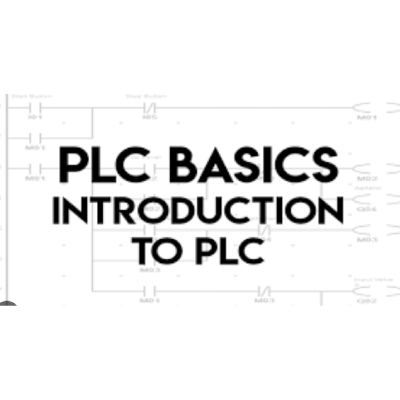Certified PLC Programmer Course:
Pune is a hub for the automation industry in India, making it an ideal location to pursue a certified automation engineer course. There are many reputed institutions in Pune offering certified automation engineer courses, providing students with the opportunity to learn from experienced professionals.
Additionally, the city has a thriving job market for certified automation engineers, providing ample job opportunities for those who have completed their certification.

